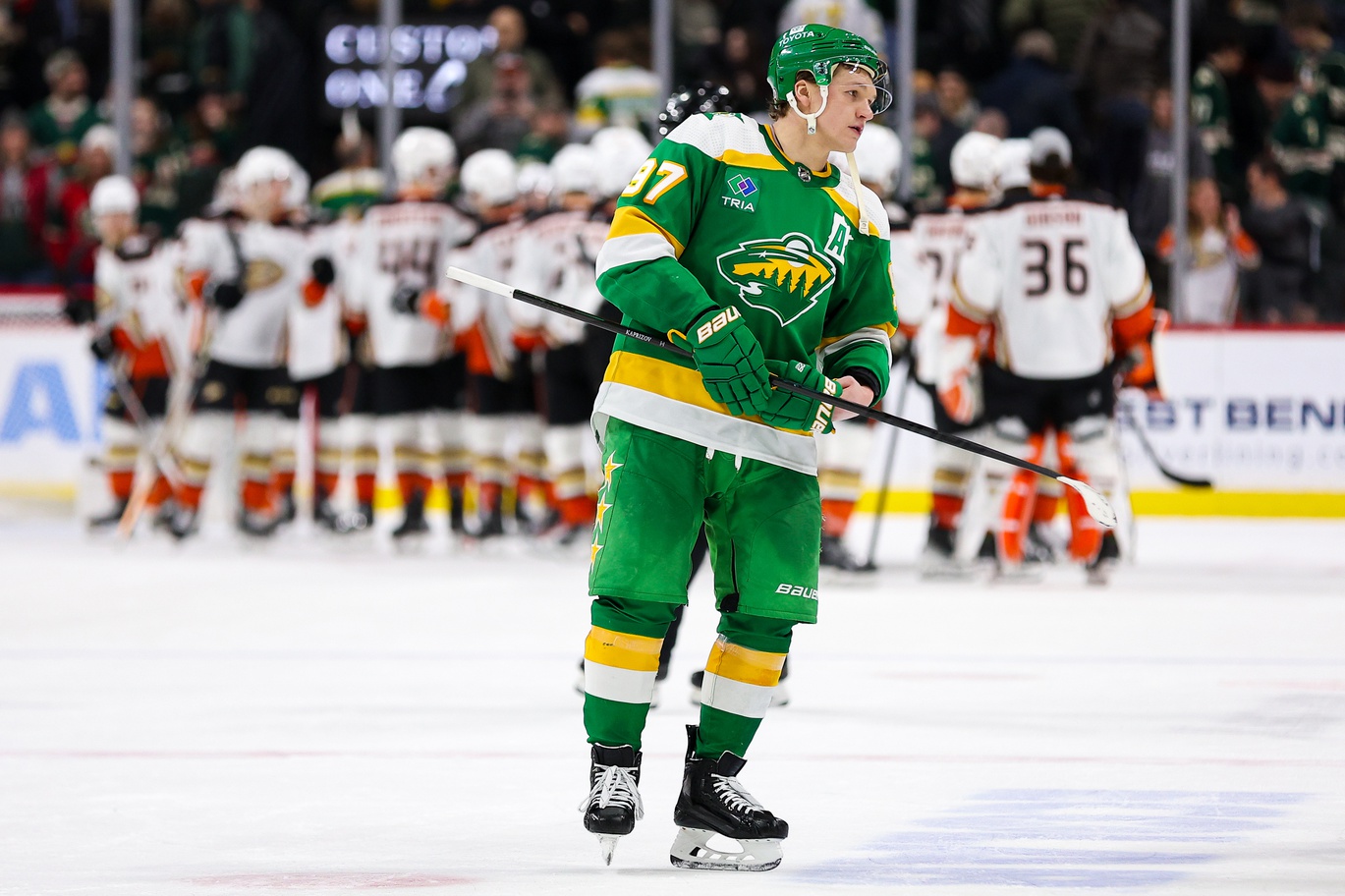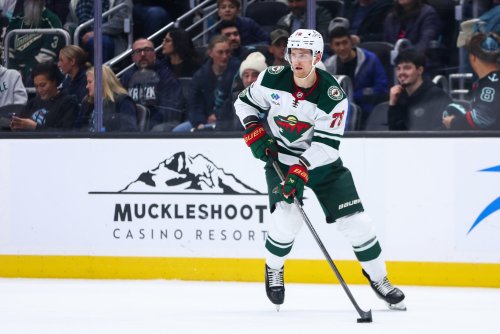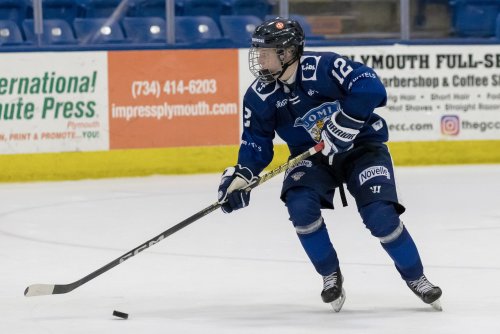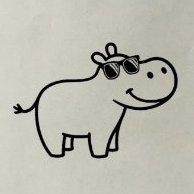
The Minnesota Wild had every opportunity to prove the haters and losers wrong. With home dates against the Nashville Predators, their direct competitor for the second Wild Card spot, then a bad Anaheim Ducks team, Minnesota could have entered their All-Star Break on a five-game winning streak. They even held third-period leads in both games.
Hold on to win against two beatable teams, and the Wild would've entered Monday just three points behind the mediocre St. Louis Blues and free-falling Los Angeles Kings for both Wild Card spots. Instead, they blew both leads, lost in regulation, and took zero out of four points to stay seven points out of a playoff spot.
Since the Wild lost captain Jared Spurgeon for the season, freeing up his $7.575 million cap hit, Minnesota threatened to make moves to add a defenseman to get back into the race. Being three points back surely would've been enough excuse to believe they could climb back. They might still believe it.
So far, Bill Guerin's front office has only made moves at the margins to stabilize their defensive corps. First, they traded for Will Butcher, a now-former NHLer who figures to be minor-league depth. Next, they claimed former Winnipeg Jets defenseman Declan Chisholm off waivers. Chisholm, a 24-year-old left-shot defenseman, could provide a solid third-pair option behind Jonas Brodin and Jake Middleton.
If the Wild are smart, they'll limit themselves to that when it comes to improving the team's chances of winning now. If they're smarter, they'll look to the future, perhaps inquiring about the many out-of-favor young players around the league, such as the Edmonton Oilers' Philip Broberg, the Kings' Arthur Kaliyev, or the Columbus Blue Jackets' Adam Boqvist (realistically) or David Jiricek (for that go-big Hail Mary).
As difficult as these past two games were to watch, there's a big upside for the franchise's long-term health. Nothing says this team doesn't have the juice like blowing two third-period leads at home.
If this can't convince the front office that this season isn't worth salvaging, nothing will. The Wild had nearly 50 games to convince us they could make any noise. So far, they've shown an inability to be better than the Arizona Coyotes, Buffalo Sabres, and Montreal Canadiens.
Even the Calgary Flames, with two more points in the standings than Minnesota, are preparing for a fire sale at the trade deadline. If that's the case, what hopes are the Wild holding onto?
Certainly, this is a team with talent. Kirill Kaprizov, Matt Boldy, Joel Eriksson Ek, and Jonas Brodin are franchise cornerstones. Brock Faber and Marco Rossi are proving to be more than legitimate NHLers. Is wasting a season of their primes a bummer? Sure. Those are years Minnesota won't be able to get back.
But at this point, it's inevitable. Evolving-Hockey's playoff projections give Minnesota the 11th-highest playoff odds in the Western Conference, at 10.8%, as of Monday. Those are long odds, and they seem downright generous compared to Moneypuck, which puts their chances of making the playoffs at a minuscule 1.9%. The only teams less likely to make the playoffs are Anaheim, Columbus, the San Jose Sharks, and Chicago Blackhawks, whose odds are all 0.0%.
The Wild aren't a sleeping giant, either. As much as the players believe that this team isn't much different than last season, and even if that is true-ish on paper, it doesn't show in the stats. Last year, Minnesota was an okay 5-on-5 team, controlling 51.0% of the expected goal (xG) share, good for 17th place in the NHL. Now, they're 22nd with 49.0%.
It might not seem like a huge difference, but being on the wrong side of 50% means they can't rely on getting good results over the long run. They're a worse 5-on-5 team than Arizona, Buffalo, and the Ottawa Senators. Who's predicting big things for those teams post-All-Star Break?
Even more incredibly, they got worse, not better, since the Wild moved from Dean Evason to John Hynes. Before the coaching change, Minnesota controlled 49.5% of the expected goals share. After, those numbers dipped down to 48.7%. A small but not negligible difference.
Injuries during the first two weeks of the New Year played a role, sure. Still, since Kaprizov and Brodin were both in the lineup on January 15, Minnesota controlled 43% of the xG share. It's simply not a good team.
Any assets that go into propping this team up carry a double cost. First, it's whatever draft picks or prospect capital they trade to add to the team. Then, it's the opportunity cost of what Minnesota could get if they sold or made future-looking moves.
And for what? A one-in-10 chance, at best, of making the playoffs? Are two home gate receipts where history suggests they'll get waxed by the Colorado Avalanche or Dallas Stars worth it?
It just isn't, and if these last two games can't convince Guerin's front office that making as much of a strategic retreat to finish the season as possible, it will threaten their ability to make hay out of a lost season.
Think you could write a story like this? Hockey Wilderness wants you to develop your voice, find an audience, and we'll pay you to do it. Just fill out this form.
-
 5
5








Recommended Comments
Join the conversation
You can post now and register later. If you have an account, sign in now to post with your account.
Note: Your post will require moderator approval before it will be visible.